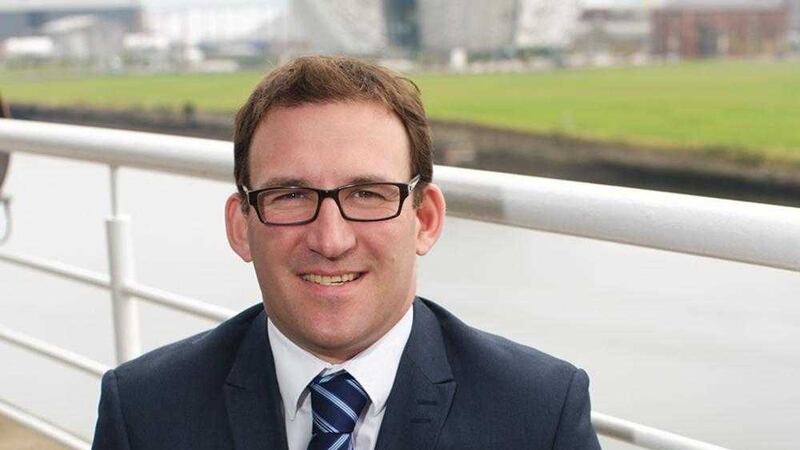THE head of the north's exams council has rejected claims that keeping A*-G grades will disadvantage young people applying for university places.
School principals have been told that Ucas and leading universities have "no issue" with the north refusing to adopt numerical GCSE grades.
Familiar A*-G grades will remain in place for GCSE pupils in the north while England is moving to a new 9-1 system.
Members of the assembly education committee and some principals have voiced concerns, however. They fear pupils receiving grades on the A*-G scale will be at a disadvantage when applying for some university places in future.
Most pupils take exams offered by the north's exams board, the Council for the Curriculum, Examinations and Assessment (CCEA). However, many take papers set by boards from England too. Two of the most popular awarding bodies - AQA and OCR - will no longer offer GCSEs with A*-G grades in the north.
CCEA chief executive Justin Edwards said universities were aware of the implications of devolved regional policy in regards to qualifications. While fundamental differences were starting to appear, universities had no issue as long as standards were retained, he said.
Mr Edwards made the comments in speeches to principals in Belfast and Cookstown.
"There are some that may cite the potential for the retention of grades to result in an inability to make our qualifications transportable, particularly to high demand courses at English universities," he said.
"Ucas, with whom CCEA regulation is in constant contact, sees no issue with the minister's decision. Queen's University have outlined that the 8/9 grade will be treated that same as the A*. No university, Russell Group or otherwise, has come to us and said that they require a 9 and will not recognise the position in Northern Ireland.
"Adaptation to a devolved market is what these universities are used to. They have had to do it for Scotland, they are having to do it for Wales and they will now consider what they need to do for Northern Ireland candidates. We will work with them, through our links and develop their understanding of what is offered here."
Mr Edwards said transportability was only an issue if confidence in standards was eroded.
"Standards are being maintained or improved. Standards, as the whole team of admission officers from the Russell Group have cited to me, are the thing that needs protected and grades do not define standards," he said.








